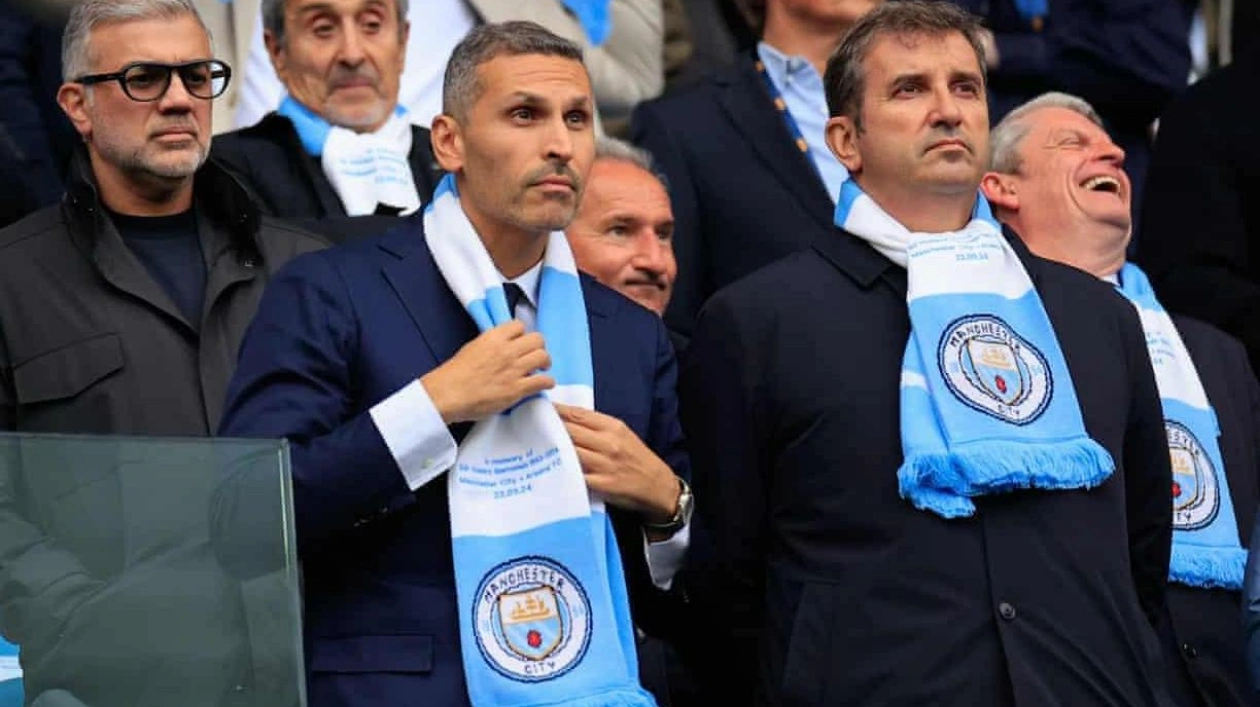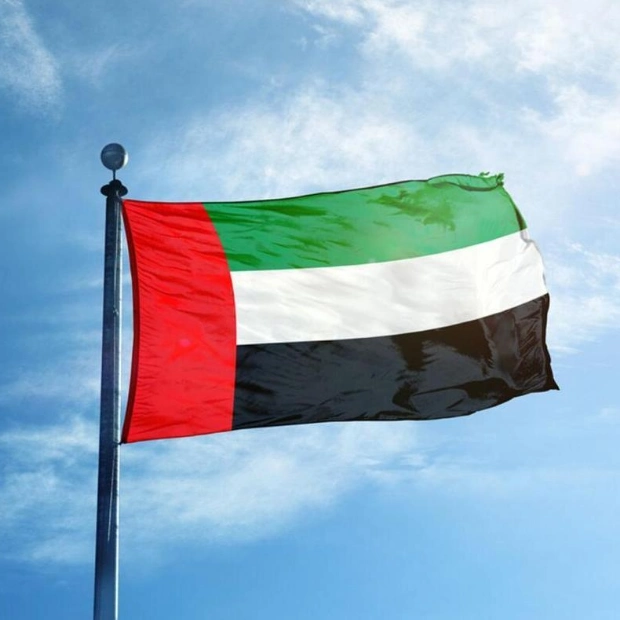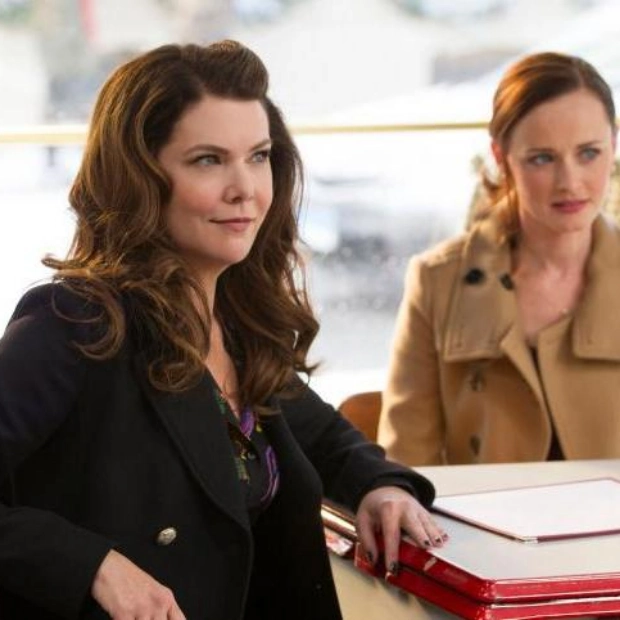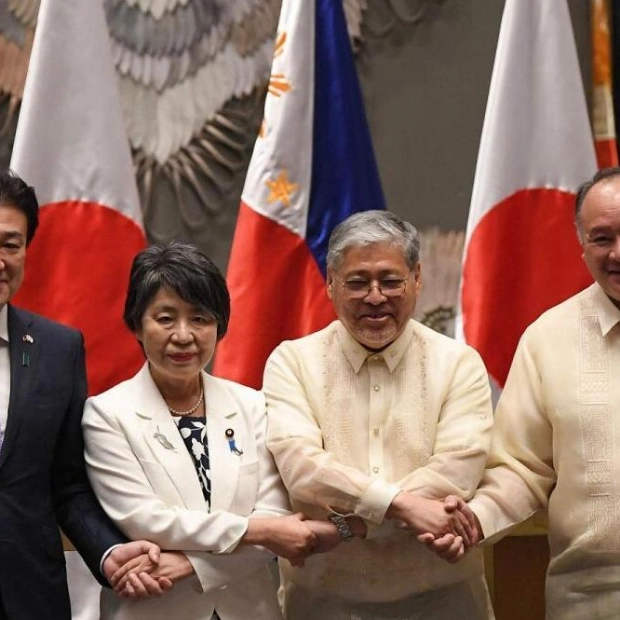Manchester City did not mince words when critiquing their adversaries' shortcomings. 'The decision is riddled with errors, misinterpretations, and confusions rooted in a fundamental lack of due process,' they contended in a vehement critique. 'There are still significant unresolved issues raised by Manchester City FC as part of a wholly unsatisfactory, curtailed, and hostile process.' What comes next? Five years after these remarks, issued in response to UEFA's charges of financial fair play (FFP) rule violations—charges that were proven but later overturned on appeal—City remains indignant, but this time it's directed at the Premier League. On Monday, their chief lawyer, Simon Cliff, took the liberty of writing to the 19 other top-flight clubs, advising them not to trust the league's word. According to Cliff, the league's summary of the arbitration outcome brought by City over associated party transaction (APT) rules was 'misleading and contained several inaccuracies.' The league's plans to update its rules were 'an unwise course that would likely lead to further legal proceedings and additional legal costs.' Cliff argued that the league should change its approach, as 'it is crucial for member clubs to trust their regulator.'
It's unusual for Cliff's messages to be in the public domain, but if you've read his correspondence from the 2015 'Football Leaks' hack, the tone is strikingly similar. An extensive disclosure of private communications, which led to UEFA's FFP charges, included a now-infamous message from Cliff stating that City's chairman, Khaldoon Al Mubarak, had told Gianni Infantino, then UEFA's general secretary, that he was indifferent about receiving a financial penalty. 'Mubarak would rather spend 30 million on the 50 best lawyers in the world to sue UEFA for the next 10 years,' Cliff wrote.
Why such aggression? It's a compelling question. City asserts that their vehemence stems from being subjected to allegations and attacks they shouldn't have faced, claims either sourced from illegal materials or forced through due to regulatory hostility. Mubarak himself suggested that their arch-critic, Javier Tebas, president of La Liga, made claims about City's financial dominance due to the 'ethnicity' of the club's ownership.
It would be incorrect to imply that these sentiments are insincere; City officials genuinely feel aggrieved at what they perceive as persecution while they elevate standards on the field to unprecedented heights. However, it's not difficult to argue that this anger could also be an effective lobbying tool, particularly in the court of public opinion. A strong rebuke might be necessary to persuade people of your arguments when your off-field adversary accuses you of 130 rule breaches. This language of conflict has resonated with a segment of City's online support that sees itself at war with football's governing bodies and the 'cartel' clubs that have historically wielded disproportionate influence over the game. Anger can rally supporters and intimidate opponents.
City's unwavering determination, as conveyed by Cliff's hacked message, suggests they are prepared to fight continuously to achieve their goals. Faced with this, even the Premier League, often portrayed as a formidable bully, appears comparatively weak. Such an effect would likely be beneficial, as it seems City aims to dismantle the league's current rule structure. Reading between the lines of Cliff's latest letter suggests that trust in the organization is already absent among its member clubs, and further legal action is inevitable. Part of City's challenge in the APT case involved targeting the league's voting structure, arguing that votes leading to rule implementation resulted in a 'tyranny of the majority.' This claim was rejected by the tribunal but raised questions about how else the league might adopt and enforce its rules. Perhaps by decree from its champions?
Any attempts to overthrow the old regime might be more persuasive to the general public if a convincing alternative was proposed. Perhaps the European Super League was intended to be that alternative, although it didn't pan out. Maybe Mubarak and Infantino can transform the FIFA Club World Cup into a competition that captivates the world and doesn't worry about competitive balance. But perhaps there isn't a plan. Maybe this anger, while empowering to those who wield it, is also just destructive, driven not only by a desire for change but also by a desire to retaliate against critics.
When Mubarak made his remarks about Tebas in 2019, he argued that the Spaniard was part of a concerted effort to undermine not just City but the entire Premier League. 'I know people don't want to defend Manchester City—but for God's sake, start defending this league,' he said. At some point, perhaps City's chairman will return to holding the same opinion.






